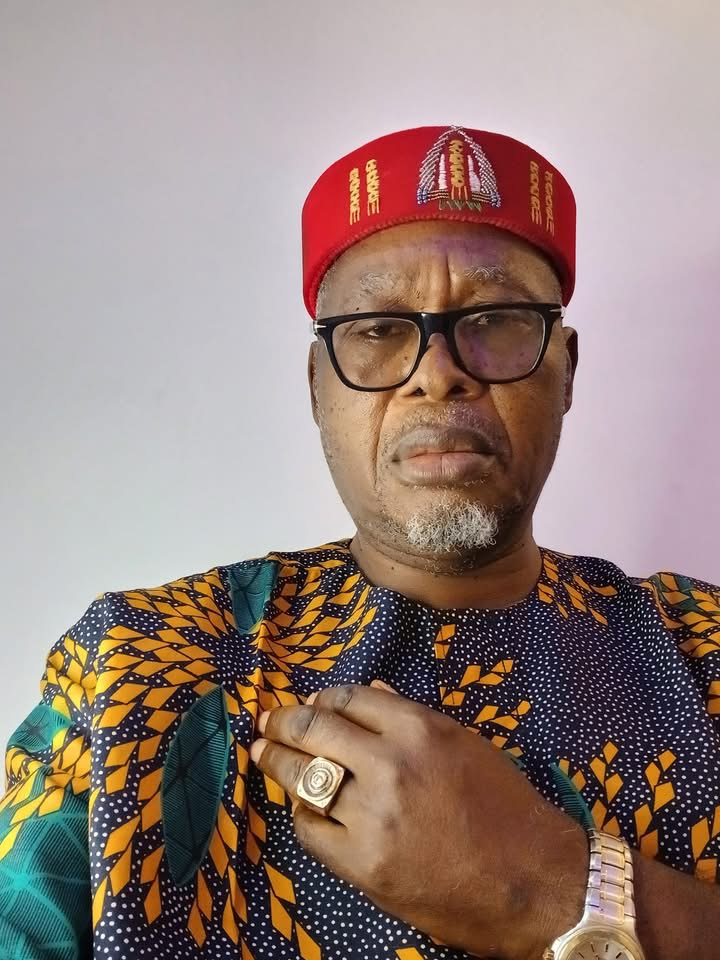The ongoing feud between social media activist VeryDarkMan (VDM) and businessman Blord has sparked a national debate far bigger than the price of an iPhone. It has exposed the deep rot of greed, insensitivity, and economic exploitation that defines much of Nigeria’s business environment today.
VDM accused Blord of selling an alleged “iPhone 17” for ₦480,000, claiming it was merely an upgraded iPhone XR. To challenge the pricing, VDM publicly offered to sell the same device for ₦280,000, igniting outrage across social media and forcing Nigerians to confront the question: why are prices of goods so high — and who is truly responsible?
A Reflection of Nigeria’s Broken Market
This face-off is more than a social-media spectacle; it is a mirror of the nation’s wider pricing crisis. From electronics to cement, food, and fuel, Nigerians are facing unbearable costs driven not only by foreign-exchange instability but by unjustifiable mark-ups imposed by local traders and corporations.
A bag of cement now sells between ₦10,000 and ₦11, 000, despite being produced locally. Food prices change daily. In many sectors, sellers inflate costs under the pretext of “dollar rates” while pocketing enormous profits.
Chief Edet Isong’s Condemnation
Chief Edet Isong, has condemned the rising wave of economic exploitation, holding businessmen, government, and citizens alike responsible for Nigeria’s worsening cost-of-living crisis.
“The problem is not only bad policy — it is bad conscience,” Chief Isong declared. “Our businessmen exploit every opportunity to enrich themselves, the government looks away, and the citizens sometimes enable this culture by remaining silent or by overpricing goods themselves. We are all guilty of destroying our own economy.”
He further noted that greed has replaced patriotism in Nigeria’s markets, where every trader and company seems to chase maximum gain without compassion for struggling families.
“A society cannot prosper when profit becomes more important than people,” he warned.
Government’s Role and Citizens’ Duty
While some Nigerians blame President Bola Ahmed Tinubu for rising costs, Chief Isong reminded the public that the President does not import or set retail prices. Importation and pricing are controlled by private individuals, many of whom manipulate the market for personal gain.
He urged the government to regulate key industries, empower agencies like the Federal Competition and Consumer Protection Commission (FCCPC), and punish hoarding and price-fixing.
Citizens, he added, must also play their part by refusing to patronize exploitative dealers and by speaking up against unfair trade practices.
A Call for Moral Reawakening
The Newsday Publisher called for a national reawakening where honesty, fairness, and empathy replace greed and corruption.
“The VDM–Blord saga is not just about phones; it is about the soul of our nation,” Chief Isong said. “If we can sell a common phone at a decent price, then maybe we can also sell cement, rice, and fuel with conscience. Nigeria must choose integrity over exploitation.”
Conclusion
The VDM–Blord controversy has unintentionally become a lesson in economic morality. It shows that until Nigerians — from billion-naira businessmen to petty traders and government regulators — embrace fairness and empathy, the cost of living will keep rising, and poverty will keep spreading.
“Every inflated price is a wound on the poor,” Chief Isong concluded.
“Let us heal our nation with fairness.”


